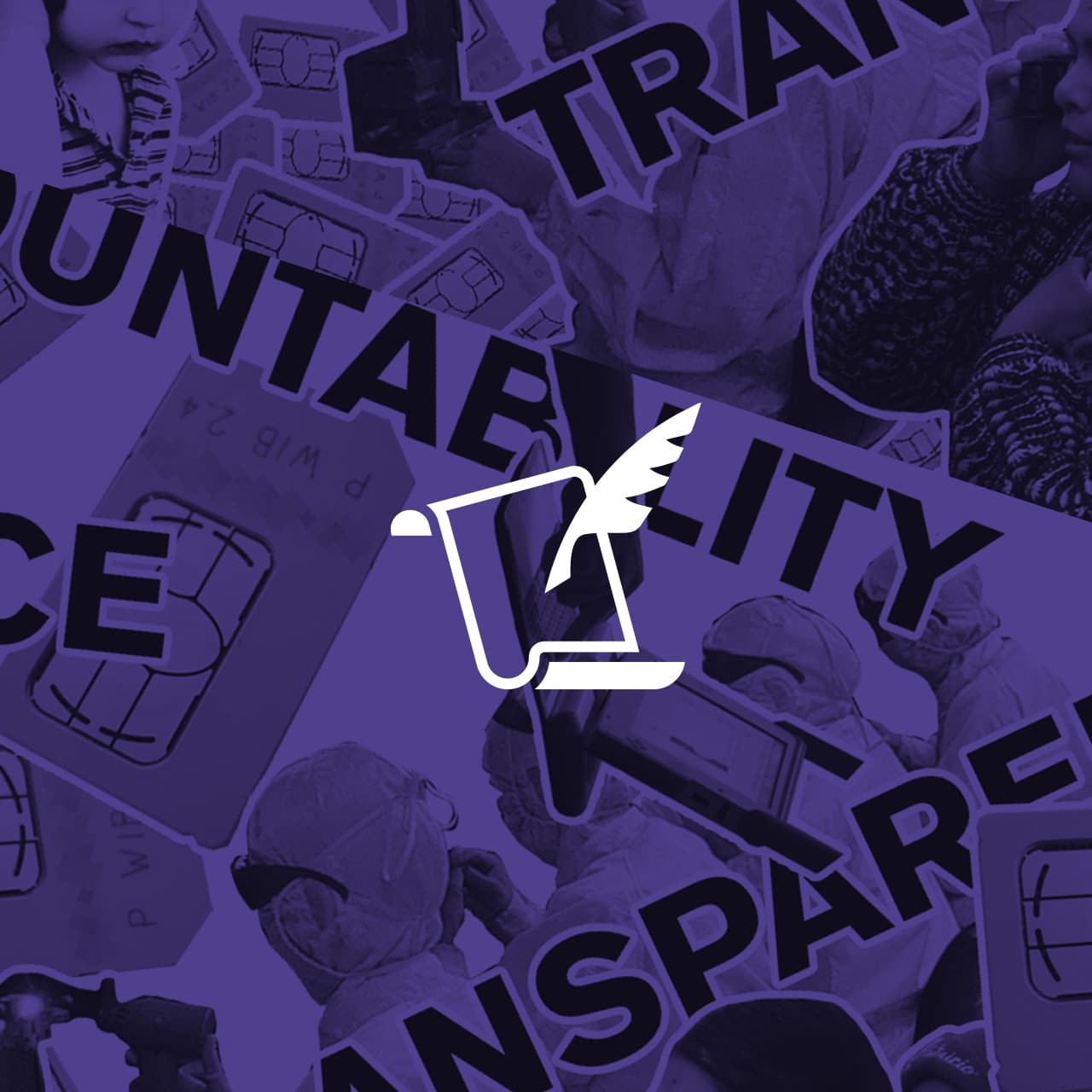
The internet is as precious as water. It’s high time we recognize that shutting it off denies access to basic human rights.
Internet shutdowns or kill switches, sometimes called “network disconnections,” are when telecommunications companies massively block or throttle internet applications, text messaging, or phone traffic. Often, government officials will order the companies to cut off users’ access to communications tools during times of social unrest or public protest. Unfortunately, the companies frequently comply.
Shutdowns are a horribly blunt instrument: they affect dissidents and rabble-rousers, ambulance drivers, and worried parents alike, plunging whole societies into darkness. Rather than increasing public safety, they cut off access to vital information and send more people into the streets.
What’s worse is that shutdowns sometimes precede egregious human rights violations. And when government forces crack down on protesters and dissidents, journalists can’t report on the violations. People in need of emergency help are stranded because no one knows what’s going on. Sometimes, people are forced to cross the border into other countries just to talk to their loved ones.
Internet shutdowns are a growing trend worldwide. Right now in the African nation of Burundi, where highly contentious presidential elections are taking place, the government has ordered a shutdown of Twitter, Facebook, Whatsapp, and Viber. These apps — which appear on pretty much every smartphone user’s homescreen — aren’t just popular, they’re essential, allowing people to communicate relatively cheaply and easily. Since the majority of people in Burundi rely upon their mobile phones to go online, the effect is a virtual blackout.
It’s not the first time this has happened in Africa this year. Two other confirmed shutdowns took place in Niger and the Democratic Republic of Congo.
But Africa is not alone. Over the past ten years there have been shutdowns in Myanmar, Iran, Egypt, the Sudan, Tajikistan, the Central African Republic, and yes, even in the U.S.
Fortunately there is a ray of hope. This week, experts at the United Nations issued an historic statement declaring that internet kill switches are absolutely impermissible under international human rights law, even in times of conflict.
This statement means that governments around the world can no longer justify ordering internet shutdowns to quell protests or silence dissidents, whether it’s in Burundi or Baltimore.
But our work is far from done. To translate this declaration into pragmatic action, we need to encourage the U.N. to include internet access in its post-2015 development agenda, so that it becomes an action item at the international level. We also need to support telecommunications companies that push back against government demands, following practical guidance such as Access’s Telco Action Plan [PDF], and encourage other companies to join their ranks. Finally, we need to hold government officials accountable when they order shutdowns. There’s no excuse anymore for looking the other way.
The internet has enabled significant advances in health, education, and creativity, and it is now essential to fully realize human rights. We wouldn’t allow a government to shut off water to an entire city. It’s time we say no to internet shutdowns.
